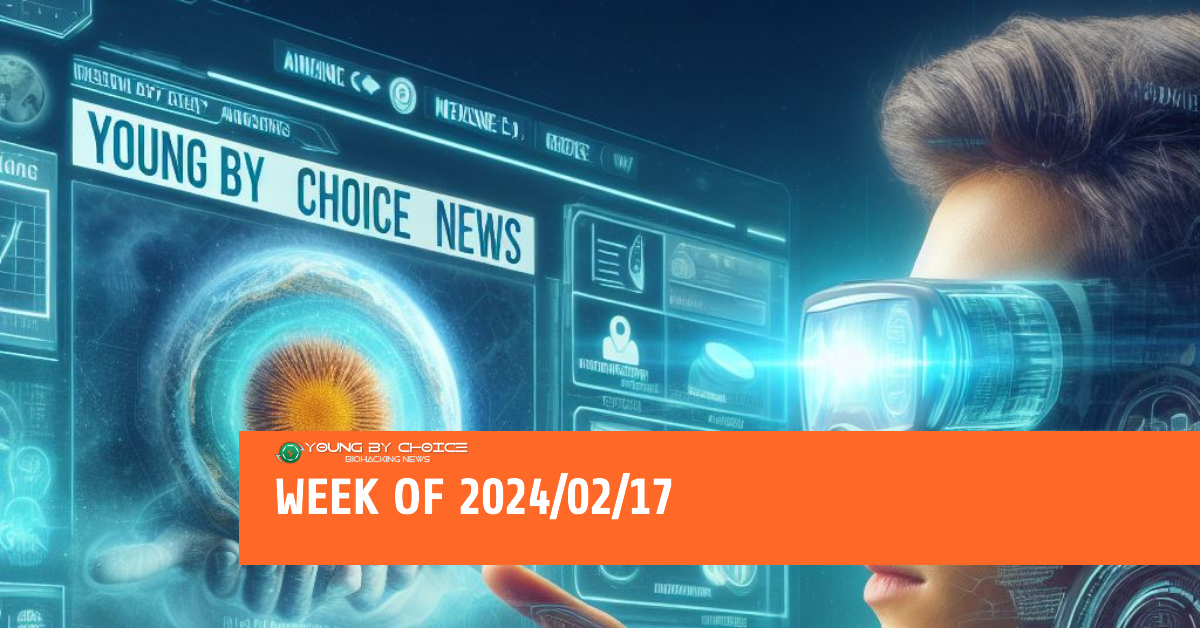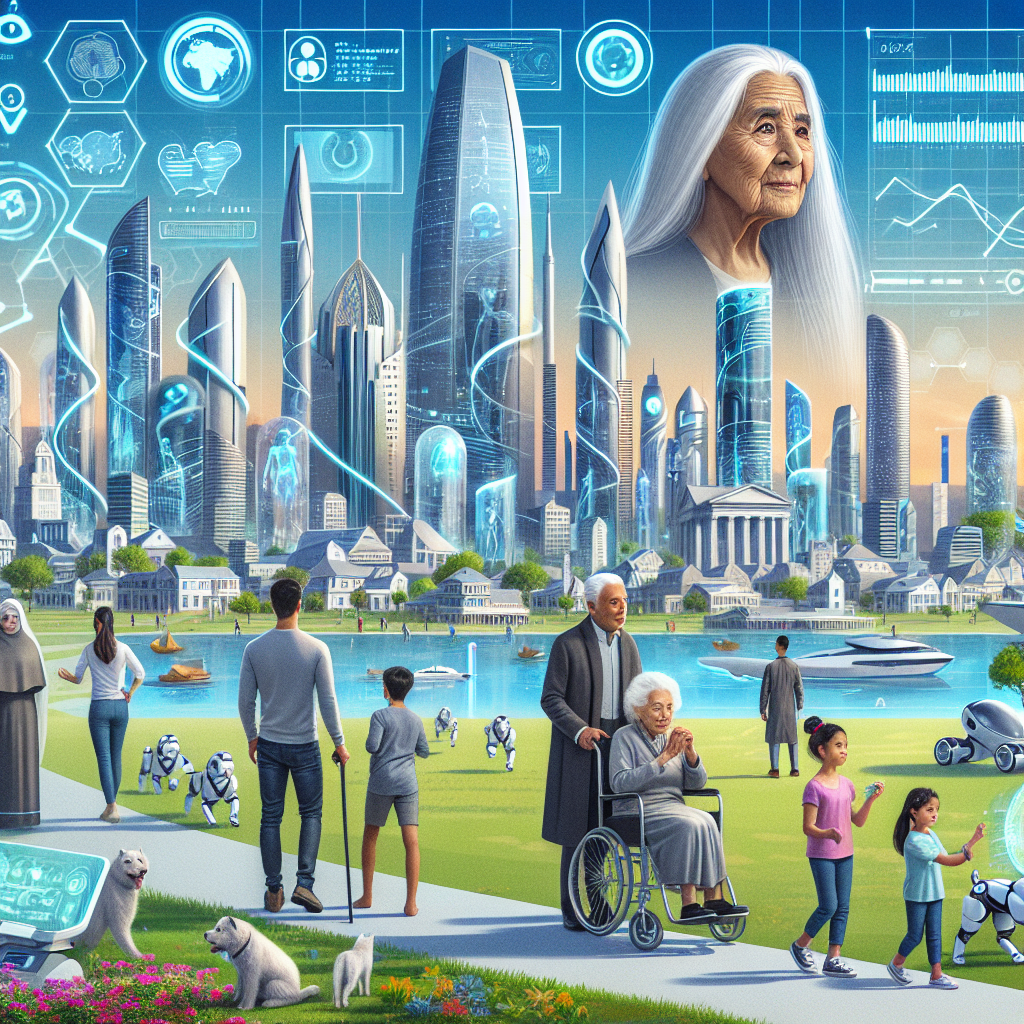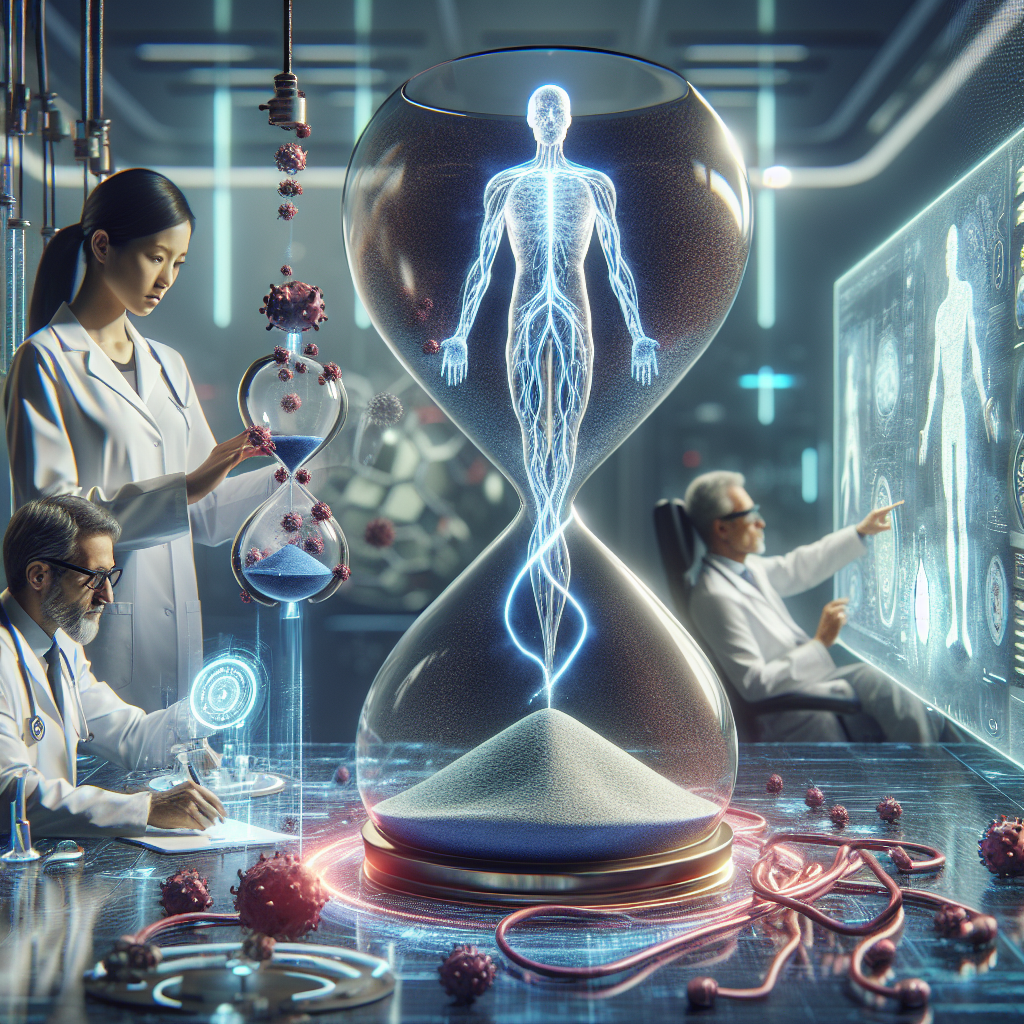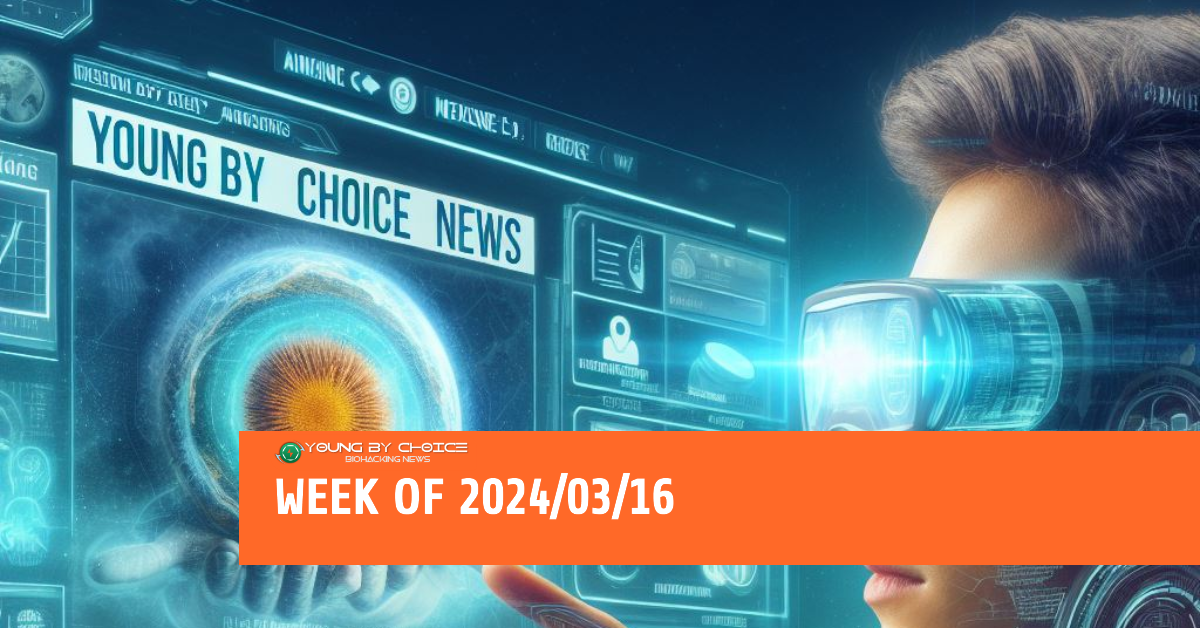Who wants to live forever? 🙋♂️🙋♀️
While immortality may still be a fantasy, living longer and healthier is not. Thanks to the advances in science, technology, and medicine, we are now able to extend our lifespan and improve our healthspan. But how do we do it? And what are the implications for our society and ourselves?
In this blog post, I will share with you three short articles on some of the most exciting and cutting-edge topics in the field of health and longevity: biohacking, medicine 3.0, and longevity mindset. You will learn:
- What I learned on a biohacking holiday with Dave Asprey, the founder of Bulletproof and one of the most influential biohackers in the world.
- How flexible intelligence will transform healthcare and enable smart, patient-centric care.
- How to build a longevity mindset and live longer, according to Dr. David Sinclair, a professor of genetics and aging research at Harvard.
I hope you will enjoy reading these articles and find them useful and inspiring. Let’s dive in!
 Image created with Microsoft Designer
Image created with Microsoft Designer
Biohacking: What I Learned On a ‘Biohacking Holiday’
Have you ever wondered what it would be like to spend a week with Dave Asprey, the founder of Bulletproof and one of the most influential biohackers in the world? Well, I did, and I’m here to share my experience with you.
I joined Asprey and a group of 15 other biohackers for a retreat in Costa Rica, where we learned about his latest discoveries and products for optimizing health and longevity. We also got to try some of his favorite biohacks, such as cryotherapy, red light therapy, neurofeedback, and intravenous vitamin infusions.
The retreat was not only informative, but also fun and relaxing. We stayed at a luxurious resort surrounded by nature, enjoyed delicious and nutritious meals, and participated in activities like yoga, meditation, and hiking. We also had plenty of time to socialize and network with other like-minded people.
The main takeaway from the retreat was that biohacking is not just about gadgets and supplements, but also about mindset and lifestyle. Asprey taught us how to cultivate a positive attitude, overcome limiting beliefs, and find our purpose and passion. He also emphasized the importance of sleep, stress management, and gratitude for overall well-being.
I came back from the retreat feeling refreshed, energized, and inspired. I learned a lot of new things, but also reinforced some of the habits and practices that I already do. I think biohacking is a great way to take charge of your health and happiness, and I would definitely recommend it to anyone who wants to live better and longer.
Source: Full System Upgrade: What I Learned On a ‘Biohacking Holiday’

Image created with Microsoft Designer[/caption]
Medicine 3.0: How Flexible Intelligence Will Transform Healthcare
Imagine a world where medical devices are not rigid and bulky, but flexible and wearable. Where sensors and chips can bend and stretch to fit any shape and size. Where diagnostics and treatments are personalized and precise. This is the vision of Medicine 3.0, a new paradigm of healthcare powered by flexible intelligence.
Flexible intelligence is the ability to create and manipulate electronic circuits on thin, flexible substrates, such as plastic, paper, or textile. This enables the integration of computing, sensing, and communication capabilities into everyday objects and environments, opening up new possibilities for health monitoring, diagnosis, and therapy.
One of the pioneers of flexible intelligence is Pragmatic, a company that develops and manufactures FlexICs, or flexible microchips. FlexICs are ultra-thin, ultra-light, and ultra-low cost, making them ideal for applications that require large-scale deployment, such as smart packaging, smart labels, and smart wearables.
Pragmatic’s CTO, Richard Price, believes that FlexICs will play a key role in delivering smart, patient-centric care. He says that FlexICs can be used to create smart patches, smart bandages, smart clothing, and smart implants, that can measure various physiological parameters, such as temperature, blood pressure, heart rate, glucose level, and oxygen saturation. These data can then be transmitted wirelessly to a smartphone or a cloud platform, where they can be analyzed and acted upon.
Price says that FlexICs can also be used to deliver targeted therapies, such as drug delivery, electrical stimulation, or gene editing, based on the patient’s condition and needs. He says that FlexICs can enable a feedback loop between sensing and actuation, creating a closed-loop system that can optimize the efficacy and safety of the treatment.
Price envisions that FlexICs will enable a new era of Medicine 3.0, where healthcare is not only reactive and curative, but also proactive and preventive. He says that FlexICs will allow us to monitor our health continuously and seamlessly, detect diseases early, and intervene before they become serious. He says that FlexICs will also empower us to take control of our own health, and enhance our wellness and performance.
Source: Bringing Flexible Intelligence to Medicine 3.0
Longevity: How to Build a Longevity Mindset and Live Longer
We all want to live longer, but how do we actually achieve it? According to Dr. David Sinclair, a professor of genetics and co-director of the Paul F. Glenn Center for Biology of Aging Research at Harvard Medical School, the answer lies in our mindset.
Sinclair, who recently published a study that revealed the key mechanism of aging and how to reverse it, says that we need to adopt a longevity mindset, which is a way of thinking and living that promotes health and longevity. He says that a longevity mindset has four main components:
- Be curious and learn new things. Sinclair says that learning stimulates the production of new brain cells and enhances cognitive function. He says that learning also helps us to cope with stress and challenges, which are inevitable in life. He recommends reading books, taking courses, learning languages, playing games, or pursuing hobbies that interest us.
- Be optimistic and grateful. Sinclair says that optimism and gratitude are associated with lower levels of inflammation and higher levels of happiness. He says that optimism and gratitude help us to focus on the positive aspects of life, and to appreciate what we have. He suggests practicing daily affirmations, keeping a gratitude journal, or expressing gratitude to others.
- Be active and exercise. Sinclair says that exercise is one of the best ways to slow down aging and prevent chronic diseases. He says that exercise activates the sirtuin genes, which are responsible for repairing DNA and regulating metabolism. He advises doing at least 150 minutes of moderate-intensity aerobic exercise per week, and adding some strength training and flexibility exercises as well.
- Be mindful and meditate. Sinclair says that meditation is a powerful tool to reduce stress and improve mental health. He says that meditation lowers the levels of cortisol, the stress hormone, and increases the levels of telomerase, the enzyme that protects the ends of chromosomes. He recommends doing at least 10 minutes of meditation per day, preferably in the morning or before bed.
Sinclair says that by building a longevity mindset, we can not only extend our lifespan, but also improve our healthspan, which is the number of years we live in good health. He says that a longevity mindset can help us to achieve our full potential and enjoy a fulfilling and meaningful life.
Source: Building a ‘longevity mindset’ can help you live longer, says one expert. Here’s how
 Young By ChoiceFebruary 17, 20245 Mins read38 Views
Young By ChoiceFebruary 17, 20245 Mins read38 Views






 Image created with Microsoft Designer
Image created with Microsoft Designer







